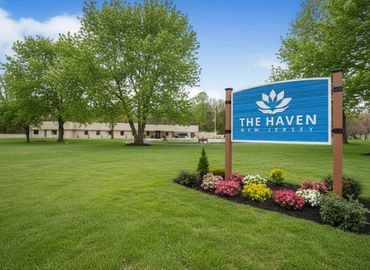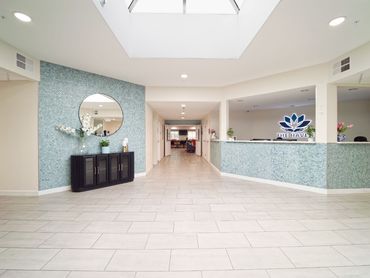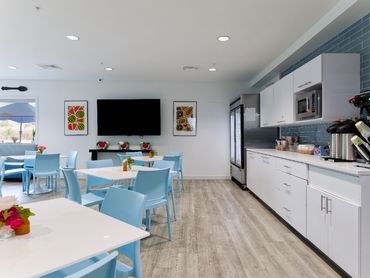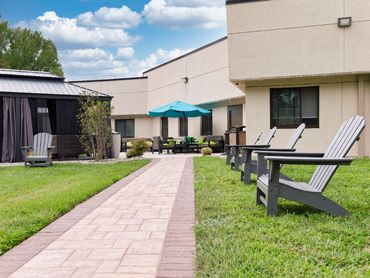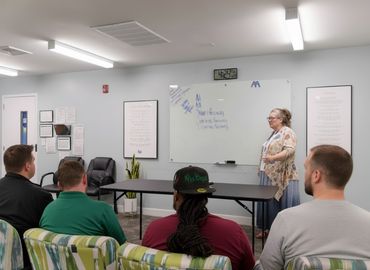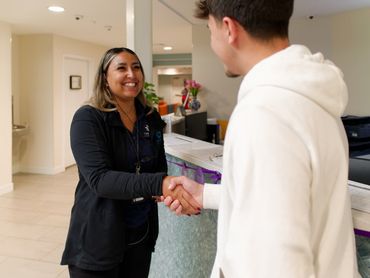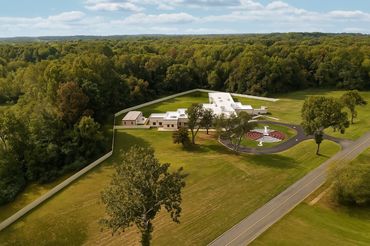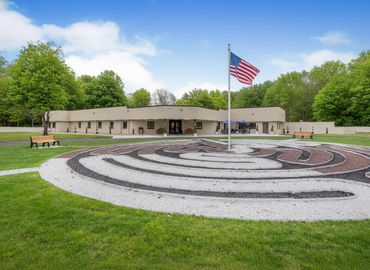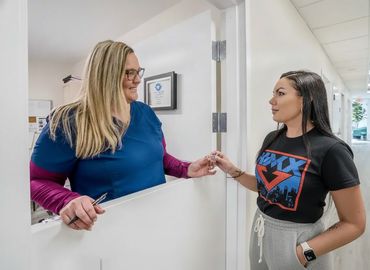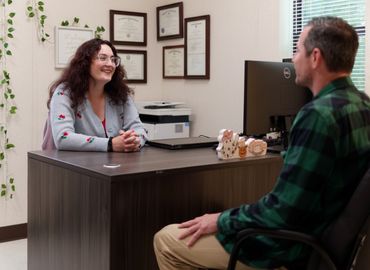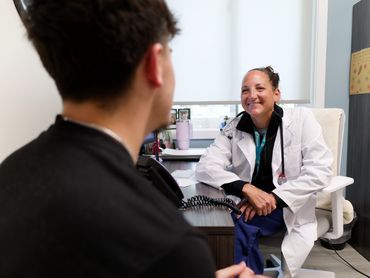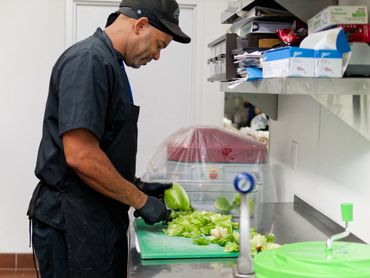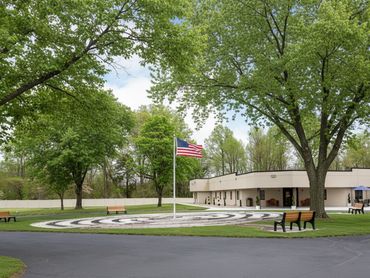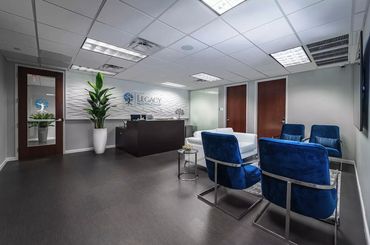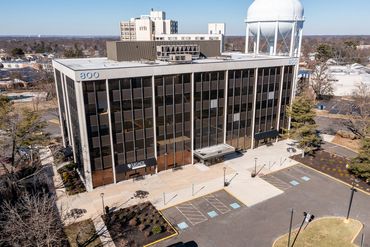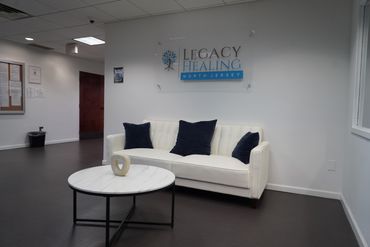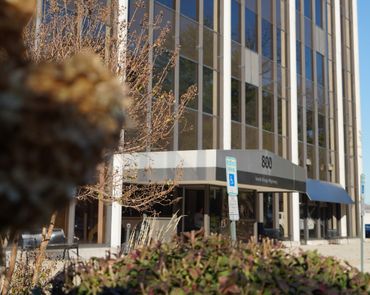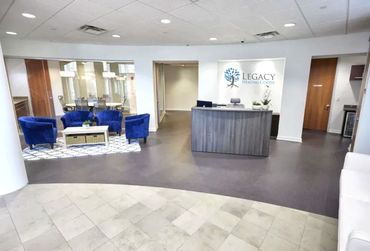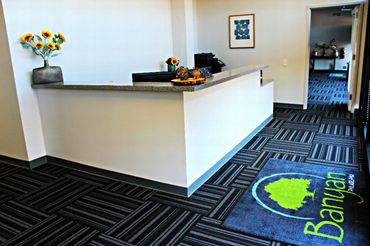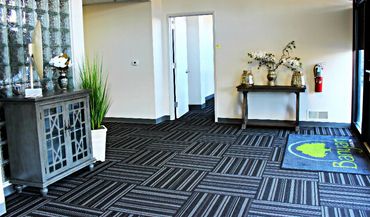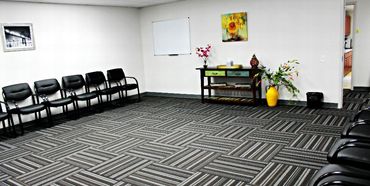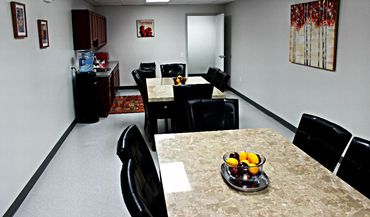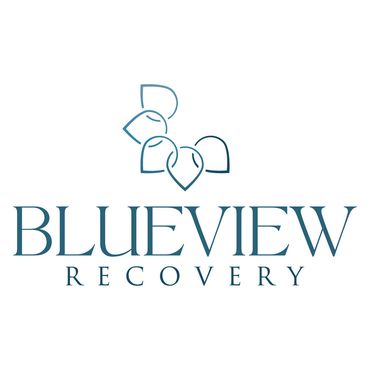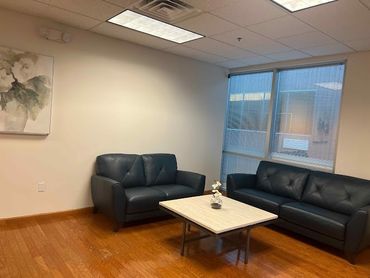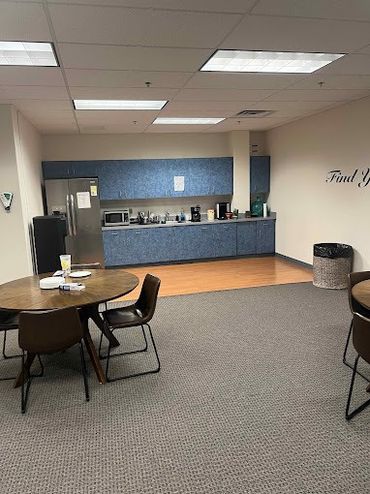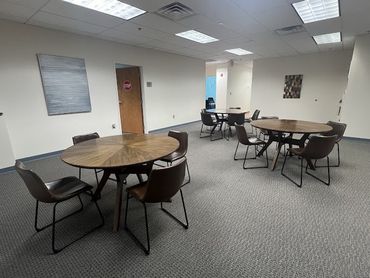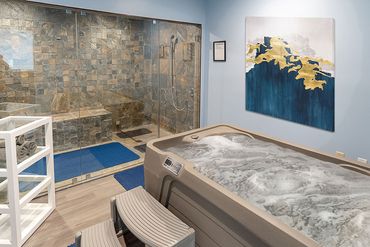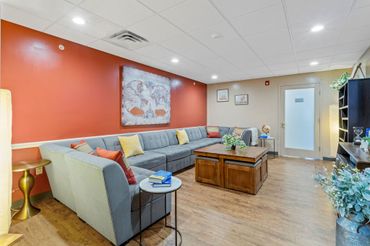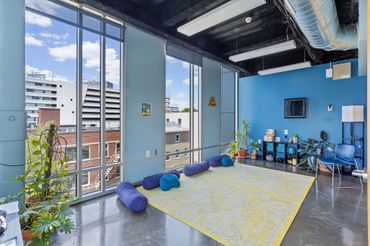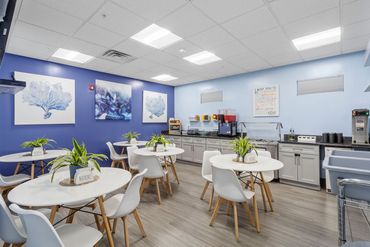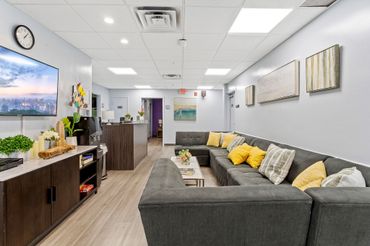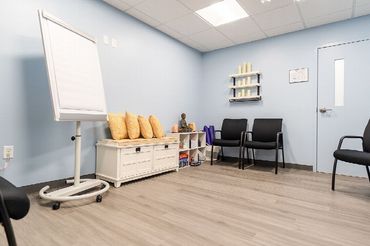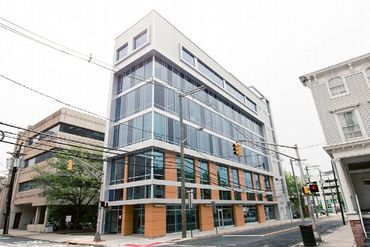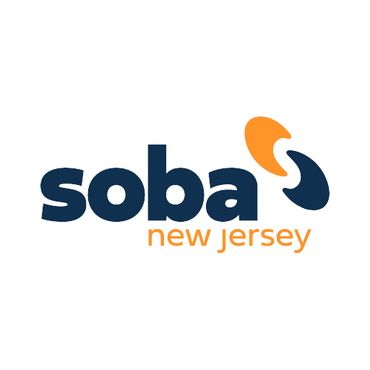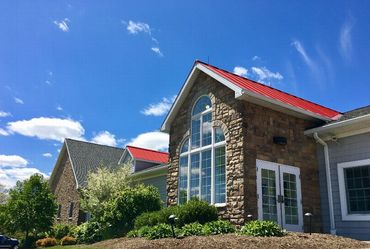
Drug & Alcohol Rehab Centers near Mays Landing, NJ
When facing the challenge of substance use disorder in Mays Landing, New Jersey, taking the first step towards recovery is of paramount importance. It’s crucial to find the right treatment that suits your needs and understand the available payment options to embark on your journey to recovery.
Treatment Centers near Mays Landing, NJ
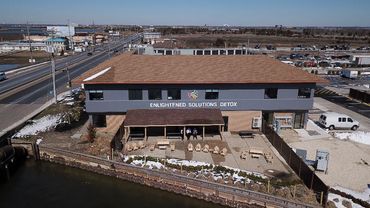
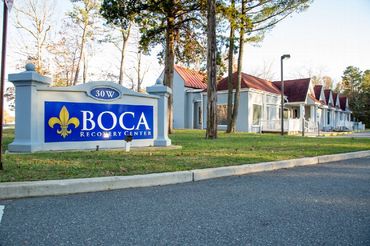
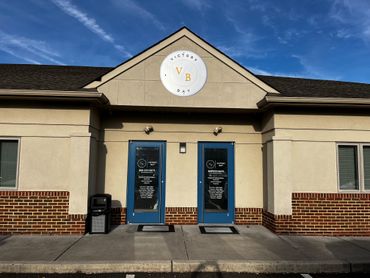
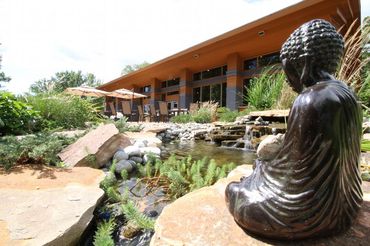

Open to Travel? Check out Top-Rated Options
All Treatment Centers near Mays Landing, NJ
Are You Covered For Treatment?
- Newark Rehabs
- Cherry Hill Rehabs
- Toms River Rehabs
- Trenton Rehabs
- New Brunswick Rehabs
- Flemington Rehabs
- Paterson Rehabs
- Morristown Rehabs
- Camden Rehabs
- Paramus Rehabs
Information About Rehab in Mays Landing
Latest Reviews
Latest Reviews of Rehabs in New Jersey
Recovery Centers of America at Lighthouse
My father has been sober since he left the facility so I guess the treatment was effective. They gave my father medication that made him seem very disconnected and robotic for a few days. The facility was very clean and nice.
Area Information
Nestled in Atlantic County, Mays Landing, New Jersey, is a quaint community characterized by its picturesque landscapes and a friendly, tight-knit population. With a population of approximately 5,6001 that embraces a mix of residents from various walks of life, Mays Landing offers a sense of community, making it an ideal location for both residents and visitors.
Substance Misuse and Addiction in Mays Landing, New Jersey
Substance abuse and addiction are prevalent concerns not only in Mays Landing but also throughout the state of New Jersey. According to data from 2017 to 2019, the average annual occurrence of past-year substance use disorders in New Jersey stood at 6.1%, impacting approximately 464,000 residents.2
Drug and Alcohol Rehab
Rehabilitation facilities provide a wide array of options and programs to help individuals overcome addiction and embark on a journey to recovery. These programs cater to the diverse needs of individuals in their unique paths to sobriety.
What Happens in Drug and Alcohol Rehab?
Rehabilitation involves multiple stages of care, each designed to address different aspects of the recovery process. These stages include detox, inpatient treatment, outpatient treatment, and aftercare, and they offer varying levels of support to individuals at different points in their recovery journey.
Detox Programs
Detoxification, often referred to as detox, is a pivotal initial step in the journey to recovery. It is a medically monitored process specifically designed to help individuals safely and effectively rid their bodies of harmful substances while minimizing the discomfort of withdrawal symptoms. The importance of detox cannot be overstated, as it paves the way for the subsequent phases of addiction treatment.
During detox, patients may receive medications that are carefully administered to alleviate the physical and psychological distress associated with withdrawal from substances like alcohol, opioids, or benzodiazepines. This critical phase ensures that individuals enter the rehabilitation process with a clear mind and a body free from the influence of drugs or alcohol.
How Long Is Detox in Rehab?
The duration of detox varies depending on several factors, typically lasting between 3 to 7 days. The specific timeline is determined by the substance used, the individual’s overall health, and the severity of withdrawal symptoms.
Inpatient Drug and Alcohol Rehab
Inpatient drug and alcohol rehab programs offer an immersive and structured environment that is essential for individuals facing severe addiction or those who require intensive support to achieve and sustain sobriety. These programs are often considered the gold standard in addiction treatment, as they provide a comprehensive approach to recovery. Inpatient rehab typically involves residing at a treatment facility for an extended period, with 30-day programs being the most common, although some individuals may require longer durations of 60 or 90 days to address their unique needs.
What sets inpatient treatment apart is its round-the-clock care and a robust combination of therapeutic approaches, including individual and group therapy, counseling, and medical supervision. In these programs, patients not only receive support to overcome their addiction but also benefit from addressing any co-occurring mental health issues, ensuring a holistic approach to healing.
Outpatient Drug and Alcohol Rehab
Outpatient drug and alcohol rehab is an excellent option for individuals who require a more flexible approach to treatment, allowing them to maintain their daily responsibilities while working towards recovery. These programs equip patients with the tools necessary for aftercare and relapse prevention. Outpatient therapy sessions may encompass various therapeutic modalities, including individual and group counseling. Patients in outpatient treatment return to their homes or sober living environments after each session, which enables them to apply what they’ve learned in real-life situations.
How Much Does Rehab Cost?
The financial aspect of rehab can be daunting, but it should not deter anyone from seeking help. Numerous options are available to cover the cost of treatment, such as:
- Payment Plans
- Government Grants and Scholarships
- Free Rehab
- State-Funded Rehab
Does Insurance Cover Drug and Alcohol Rehab?
Drug rehab insurance can help ease the financial burden of seeking treatment and, fortunately, many insurances cover at least a portion of the rehab costs. Widely accepted insurances include:
Finding The Best Rehab Center
Mays Landing, New Jersey Drug and Alcohol Rehab Facilities
When selecting a treatment facility, you can use our rehab locator tool to find nearby options. While in-state options are available, many individuals find that seeking treatment out of state can reduce distractions and provide a more conducive environment for recovery. Whether you choose to receive treatment in New Jersey or elsewhere, our locator tool is an invaluable resource during your search.
Sources
- United States Census Bureau. Mays Landing, New Jersey. July 1, 2022.
- Substance Abuse and Mental Health Services Administration. Behavioral Health Barometer: New Jersey, Volume 6.
